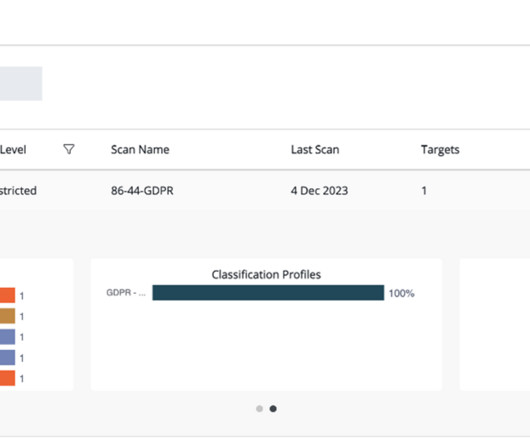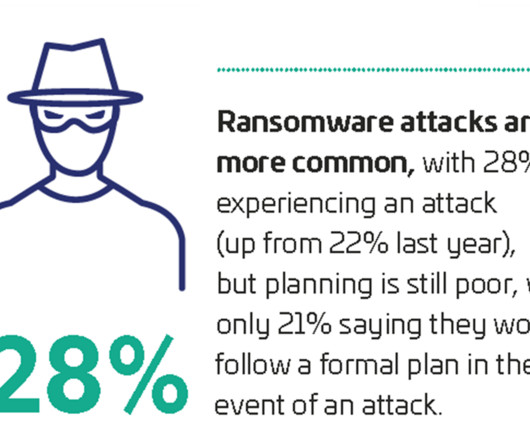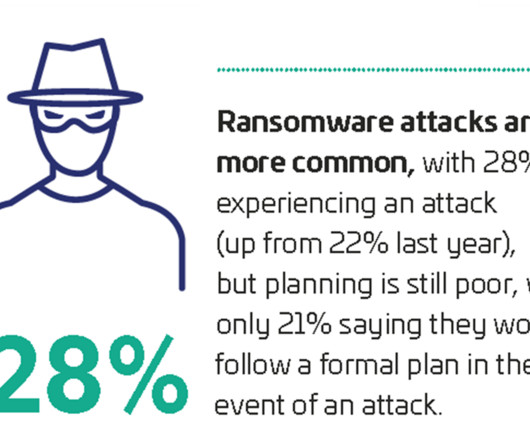GUEST ESSAY: How stricter data privacy laws have redefined the ‘filing’ of our personal data
The Last Watchdog
NOVEMBER 4, 2021
The California Consumer Privacy Act (CCPA), soon to be superseded by the California Privacy Rights Act (CPRA) on January 1, 2023, applies to both electronic and paper records. A myriad of companies have emerged over the past few years to facilitate data cataloguing according to the expectations of regulators.















Let's personalize your content